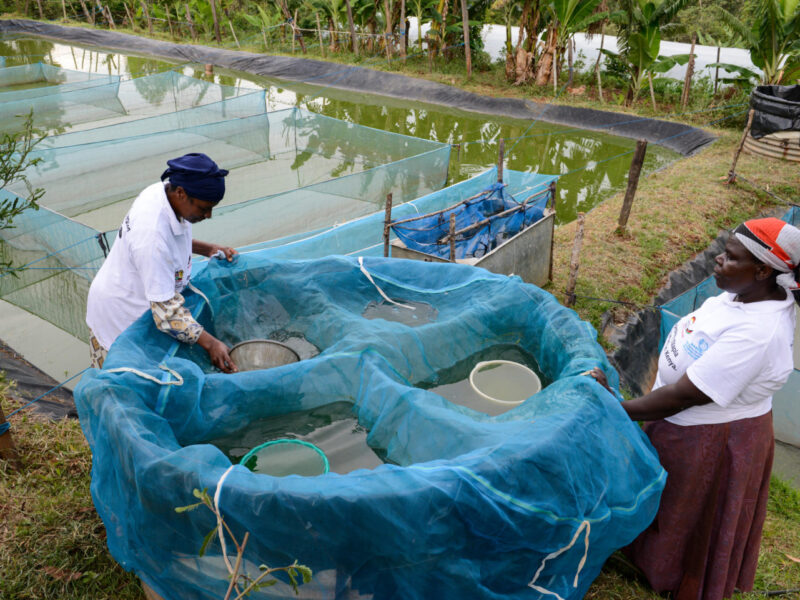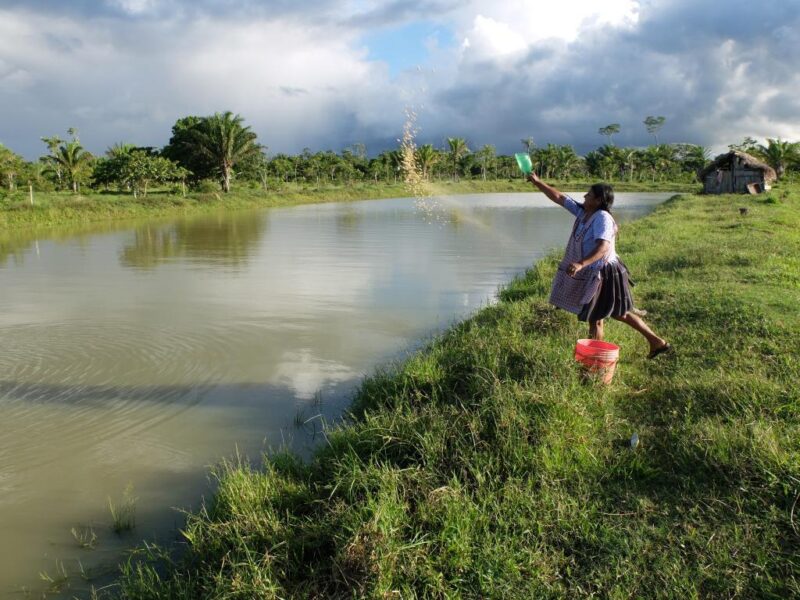About Fish Farming in Uganda. Fish Farming For Food & Commercial Benefits
About Fish Farming
Fish farming, also known as aquaculture, is an important economic activity in Uganda, providing a source of food and income for many communities. Fish farming is an important economic activity in Uganda, with the potential to contribute significantly to food security and rural development.
While the sector faces several challenges, government support and investments in infrastructure and training can help to unlock its full potential.
Here are some key facts about fish farming in Uganda:
- Major fish species: The most commonly farmed fish species in Uganda are Nile tilapia, catfish, and African carp. These fish are well-suited to the country’s warm, freshwater conditions.
- Small-scale farms: The majority of fish farms in Uganda are small-scale, with many farmers owning less than one hectare of land. These farms are typically family-owned and operated.
- Production levels: According to the Uganda National Bureau of Statistics, fish production in Uganda reached 473,690 metric tonnes in 2019, of which approximately 17% was produced through aquaculture.
- Government support: The government of Uganda has recognized the potential of aquaculture to contribute to food security and rural development, and has implemented policies and programs to support the growth of the sector.
- Challenges: Despite its potential, fish farming in Uganda faces several challenges, including disease outbreaks, limited access to quality inputs such as fish feed and seed, and a lack of technical knowledge and skills among farmers.
- Potential benefits: Fish farming has the potential to provide numerous benefits to Uganda, including improved food security, increased income for rural communities, and reduced pressure on wild fish stocks.
Benefits of Farming in Preserving Wetlands in Uganda
Fish farming can provide a number of benefits to the preservation of wetlands in Uganda. Overall, fish farming can play an important role in preserving wetlands in Uganda by providing a sustainable source of income, reducing pressure on other natural resources, and promoting the conservation of biodiversity. It is important, however, to ensure that fish farming is carried out in a sustainable and responsible manner, with measures in place to protect wetland ecosystems and ensure the long-term viability of the sector.
Here are Some Examples:
- Reduced pressure on wild fish stocks: By farming fish in ponds, farmers can reduce their reliance on wild fish stocks, which may have negative impacts on wetland ecosystems. This can help to reduce over-fishing and protect the biodiversity of wetlands.
- Sustainable land use: Fish farming can be a sustainable use of wetland areas, allowing farmers to generate income without resorting to destructive land use practices such as slash-and-burn agriculture or mining.
- Reduced pressure on other wetland resources: By providing an alternative source of income, fish farming can reduce the pressure on other wetland resources, such as timber, fuel-wood, and medicinal plants. This can help to preserve these resources for future generations.
- Improved water quality: Fish farming can improve the water quality of wetlands by reducing the amount of nutrients and organic matter in the water. This can benefit other aquatic species, such as frogs, insects, and plants, that depend on clean water.
- Employment and income generation: Fish farming can provide employment and income opportunities for rural communities, helping to alleviate poverty and reduce pressure on other natural resources.



